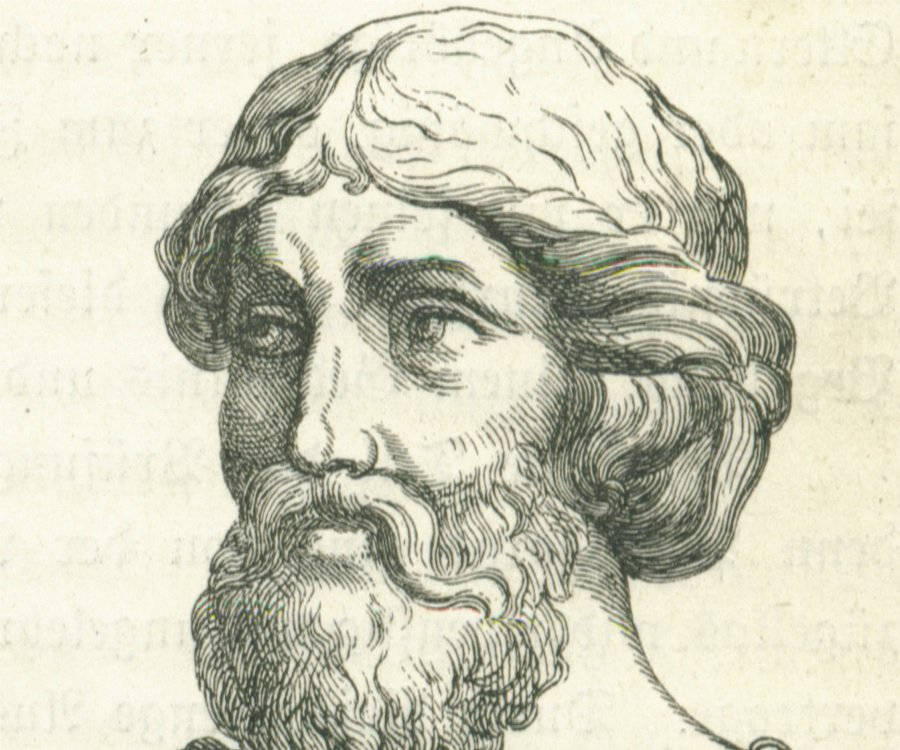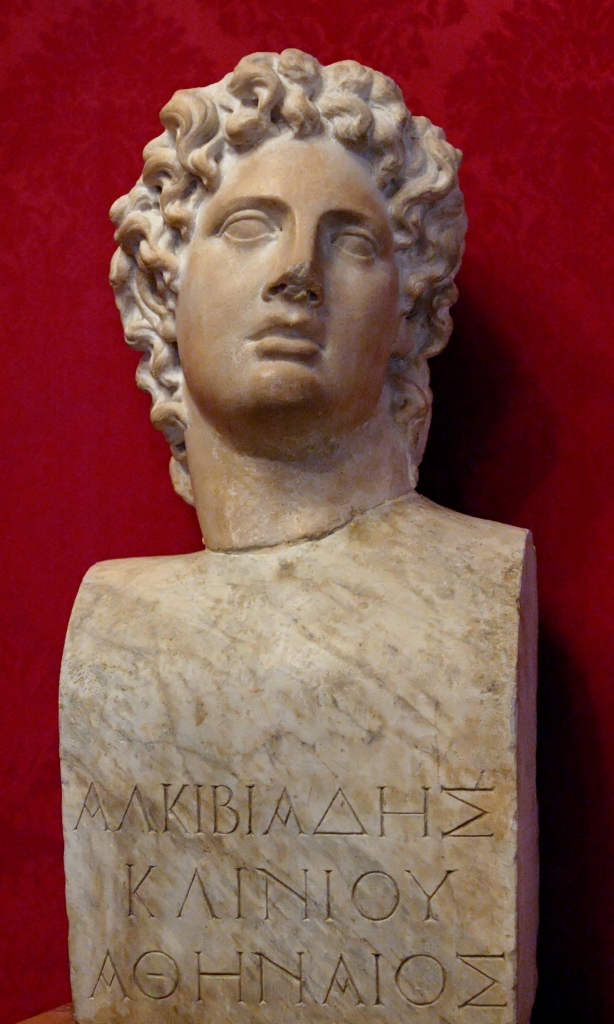20 March 2024:
Like most other people, I have made many mistakes, been entranced by many a popular misconception, and been stiff-necked in my naiveté and ignorance at times, but, unlike many of the incarnated beings of this present Age, I will be able to say, when I meet my Pilot Face to Face (as Alfred Lord Tennyson put it), that:
«I sought Thee earnestly, O Lord – yes, even from my childhood in this world, and long before I was plunged into affliction and illness, I sought Thee, My Love, and insofar as I sincerely sought, I found, and Thou didst reach out to me; in the hours my my need, and into the depths of Hell, Thou didst reach out to me, and granted me your Mercy, and even, at times, glimpses of Thine Glory and Thine Exalted Bliss, making me cry for Joy, and cry tears of Joy, as you possessed me and held me in your firm grasp, and then left me in a state of exhaustion, yet contented, and as poor as I always were, yet rich beyond description, and with the glowing memory of your Beauty – yes, I sought Thee earnestly, my Love, my only True Love, and all I ever did, I really did for the sake of Thine Glorification, and all I ever really wanted, even in my fits of folly, was to be in the Presence of Thine Wonderful and Unspeakable Radiance, for Ages and Ages, and Forevermore.»
23 February 2023:
Here is a precious and very telling fragment of the concluding part of Marcus Tullius Cicero’s lost work Hortensius, the work which, according to St. Augustine of Hippo, first kindled in him, at the age of 19, the Love of Wisdom, i.e. True Philosophy (Conf. III.4.7–8), and of which St. Augustine preserved this quotation in his De Trinitate:
“This contemplative wisdom, which I believe is properly called wisdom as distinct from knowledge in the sacred writings; but wisdom only of man, which yet man has not except from Him, by partaking of whom a rational and intellectual mind can be made truly wise; – this contemplative wisdom, I say, it is that Cicero commends, in the end of the dialogue Hortensius, when he says:
‘While, then, we consider these things night and day, and sharpen our understanding [intellegentia], which is the eye of the mind [mentis acies], taking care that it be not ever dulled, that is, while we live in philosophy; we, I say, in so doing, have great hope that, if, on the one hand, this sentiment and wisdom of ours is mortal and perishable, we shall still, when we have discharged our human offices, have a pleasant setting, and a not painful extinction, and as it were a rest from life: or if, on the other, as ancient philosophers thought, – and those, too, the greatest and far the most celebrated, – we have souls eternal and divine, then must we needs think, that the more these shall have always kept in their own proper course, i.e. in reason and in the desire of inquiry, and the less they shall have mixed and entangled themselves in the vices and errors of men, the more easy ascent and return they will have to heaven.’” (D.Tr. XIV.19.26)
As I stated in my thesis: What is noteworthy in relation to the present inquiry in the above quote from the Hortensius is that Cicero uses the very same Latin expression, “mentis acies”, as St. Augustine has adopted, and Cicero’s conception of acies is very clear – it is that of an edge or blade which may be sharpened or become dulled.
14 January 2023:
Is this statement made by St. Augustine of Hippo in his famous Confessions the single most wonderful and moving paragraph in that great and often exceedingly surprising work? I am inclined to think that it is.
«Belatedly I loved thee, O Beauty so ancient and so new, belatedly I loved thee. For see, thou wast within and I was without, and I sought thee out there. Unlovely, I rushed heedlessly among the lovely things thou hast made. Thou wast with me, but I was not with thee. These things kept me far from thee; even though they were not at all unless they were in thee. Thou didst call and cry aloud, and didst force open my deafness. Thou didst gleam and shine, and didst chase away my blindness. Thou didst breathe fragrant odors and I drew in my breath; and now I pant for thee. I tasted, and now I hunger and thirst. Thou didst touch me, and I burned for thy peace.»
Confessions, as translated by Albert C. Outler, X.27.38 (Book Ten, Chapter 27, Section 38)

As I stated back in February 2020, when composing the introduction to my master’s thesis: «What truly tipped the scales in favor of St. Augustine was, however, not any of that, but the honesty, the eloquence and the conceptual splendor I encountered in his Confessions. As the reader may already be aware of, Confessions is a profoundly personal work, but St. Augustine is, I think, one of those authors who show us that “personal” need not mean irrelevant to others, and that the realm of the supposedly subjective, when probed proficiently, begins to lead the investigator towards the Transpersonal, the Objective and the Universal – a paradox I shall return to later on.
Still, when I think of it, Confessions as a whole was not what made me love that saint whom I had never seen – what accomplished that was, strange as it may seem, almost only a single passage therein, namely the one on Beauty and Longing in X.27.38.
There, St. Augustine appeared to me to condense something inexpressibly complex and mysterious into a strikingly simple and stirring statement of Truth. I was won over.»
8 March 2022:
“Having been previously instructed therefore in the mysteries of the Phœnicians [the Phoenicians], which were derived like a colony and a progeny from the sacred rites in Egypt, and hoping from this circumstance that he should be a partaker of more beautiful, divine, and genuine monuments of erudition in Egypt; joyfully calling to mind also the admonitions of his preceptor Thales, he immediately embarked for Egypt, through the means of some Egyptian sailors, who very opportunely at that time landed on the Phœnician coast under mount Carmelus [Mount Carmel, today in Israel], in whose temple Pythagoras, separated from all society, for the most part dwelt.”
Iamblichus. (2016). Iamblichus’ Life of Pythagoras, or: Pythagoric Life [Kindle Edition] (Thomas Taylor, Trans.). The United States: Kshetra Books.

29 November 2021:
«In that hour came the disciples unto Jesus, saying, Who then is greatest in the kingdom of heaven? And he called to him a little child, and set him in the midst of them, and said, Verily I say unto you, Except ye turn, and become as little children, ye shall in no wise enter into the kingdom of heaven. Whosoever therefore shall humble himself as this little child, the same is the greatest in the kingdom of heaven. And whoso shall receive one such little child in my name receiveth me: But whoso shall cause one of these little ones which believe on me to stumble, it is profitable for him [better for him] that a great millstone should be hanged about his neck, and that he should be sunk in the depth of the sea.» (The Gospel according to St. Matthew, Chapter 18, verse 1 through 6, English Revised Version)
Note, dear reader, that the verb here usually translated as «stumble» or «sin» is actually, in the original Greek, a future form of σκανδαλίζω, which can also mean «ensnare». Now, is there anything that is taking place, or that is about to take place, that might «ensnare» (or entrap) the children? I will let you think about that for a while. By the way: What is it that characterizes little children? They are innocent — one could say pure — pure in heart!
17 November 2021:
SOCRATES: For, O my friend Alcibiades! if a man have the power of doing what he pleases, and at the same time want intellect, what will be the probable consequence of such arbitrary power, to himself, if he is a private person, and to the state also, if he governs it? As in the case of a bodily disease, if the sick person, without having medical knowledge, had the power of doing what he pleased, [135a] and if he tyrannized so as that no person would dare to reprove him, what would be the consequence? Would it not be, in all probability, the destruction of his body?
ALCIBIADES: It would indeed.
SOCRATES: And in the affair of a sea voyage, if a man, void of the knowledge and skill belonging to a sea commander, had the power of acting and directing in the vessel as he thought proper, do you conceive what would be the consequence, both to himself and to the companions of his voyage?
ALCIBIADES: I do; that they would all be lost.
SOCRATES: Is it otherwise then in the administration of the state, or in any offices of command or power? If virtue be wanting in the persons who are appointed to them, [135b] will not the consequence be an evil and destructive conduct?
ALCIBIADES: It must.
Taylor, Thomas. Plato: The First Alcibiades: A Dialogue Concerning the Nature of Man; with Additional Notes drawn from the MS Commentary of Proclus (Plato by Thomas Taylor Book 2) . Kshetra Books. Kindle Edition.

3 October 2021: The ancient myths are like a language we cannot understand without first learning the meaning of its most important words: The names of the gods.

22 September 2021: Those who fear dying due to an excessive love of themselves and the world shall indeed lose their lives; the present one in slavery to their lower selves and the tyrannical masters they deserve, and the life to come because they are rightly destined for damnation, but those who have the courage to let go of everything worldly, if that be required of them, and who fear only the Lord, shall gain both this life and the next, for they shall live and die in this life in freedom and with dignity, regardless of what despots do to their bodies, and they shall have won eternal joy in Heaven, in the habitation I, their Rightful King, have prepared for them, when they depart.
Paraphrase of the words of Christ, as quoted in the Gospels


of all time? Bronze bust, a copy of an ancient original
assumed to depict Plato. Dear Plato, a new Platonic
academy, in accordance with your sprit, shall rise
again from the ashes of Corruption, boldly shaking
off the shackles of Modernity, and rendering it Null
and Void.